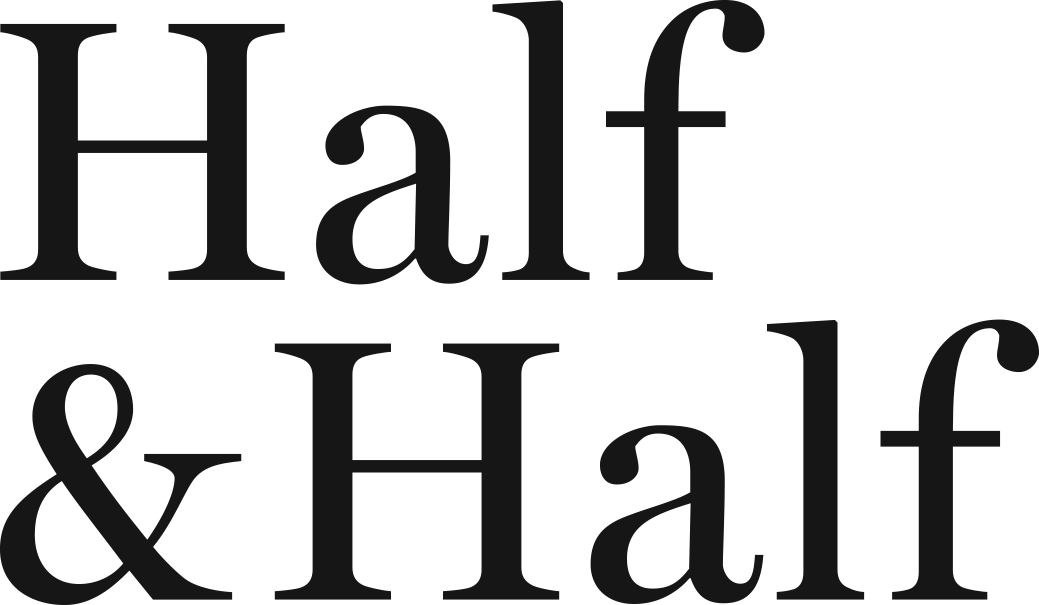A Family Affair
/Cottonwood Farms in Pavilion, N.Y., is, in many ways, all about tradition. Established in 1880, the farm got its name because Frank Tillotson, the founding owner, brought a cottonwood tree from Kansas and planted it on the New York acreage.
To this day, that cottonwood tree remains the third biggest in the state of New York and serves as a reminder of Frank beginning a life of farming.
Since its establishment, Cottonwood Farms has passed down to five generations, and managing the dairy continues to be a family affair for the Tillotsons, with three generations currently running the farm.
While the day-to-day operations of the dairy might look different for each member of the Tillotson family, they all agree on one goal: keeping the bigger picture in mind and leaving the Earth better than they received it.
That way, future generations can continue the family legacy of dairy farming and consumers can keep enjoying fresh, real dairy straight from the family farm.
“We are only stewards of the property for a short time in the whole scheme of things,” says Paul Tillotson, fourth-generation owner. “So, we would like to leave it for any of our family that wants it. It’s important to us that we’re leaving it in as good as or better condition than we got it in.”
The family converted the dairy from conventional to organic milking in 2005, and continually embraces new technology to lessen the farm’s carbon footprint. For the Tillotsons, organic farming, along with sustainable practices, enables them to feed the families of today while promoting opportunities for the farmers of tomorrow.
“Being a multigenerational farm, we want to continue to do the best practices possible for the next generation,” Paul says. “We feel like organic fits in with the way we do things — because it lets us farm naturally.”
As an organic farm, the Tillotsons grow and treat the crops they feed their dairy cows without using synthetic pesticides, and their 300 cows also have access to 800 acres of open pastures to graze.
Harnessing the power of the Earth
The dairy is also home to two of the only three Solar Hybrid Diffused Augmented Wind Turbines (DAWT) in the country, which were designed and installed by SkyWolf Wind Turbine Corporation. The DAWTs use both solar energy and wind energy to power the farm’s machinery, including their five robotic milkers, which makes it more efficient — even on days with no wind, solar energy can still be utilized, and vice versa.
“We’re trying to help out as much as we can by using renewable energy,” Jason says. “They are double-facing solar panels, so in the winter they reflect light off the snow to produce energy as well.”
Aside from DAWTs, Cottonwood Farms has embraced new technology in other facets of its operations. The dairy utilizes robotic milking machines, Lely automatic calf feeders and Lely Juno feed pushers.
“The milking robots were using power,” Jason says, “so we installed the wind turbines to be more sustainable over time with renewable energy.”
These robotic systems allow the cows (and farmers) more flexibility and autonomy. The cows can go to the milker any time they choose, calves always receive warm milk and fresh feed is always available.
“Our cows are milked by robots,” Jason says. “They’re given access 24 hours a day, where they receive grain. They can be milked up to five or six times a day. Being organic, especially, the cows have access to pasture. It’s more of a relaxed atmosphere for the animal.”
The Tillotsons want to expand the dairy in the coming years, and Jason says he knows two things for sure — Cottonwood Farms will continue to produce organic milk, and he wants to keep the farm running within the family for generations to come. His 16-year-old son, Zack, currently helps run the farm and would be the sixth-generation owner.
“I think it’s important to keep the farm in the family and keep the land in good shape for the next generations,” Jason says. “I have a son that will hopefully take it over if he wants to. I just think it’s all important. We’re a small part of it, but our big thing is to do our part on our land. Hopefully that translates well to the health of our animals and to the people who consume our products.”
